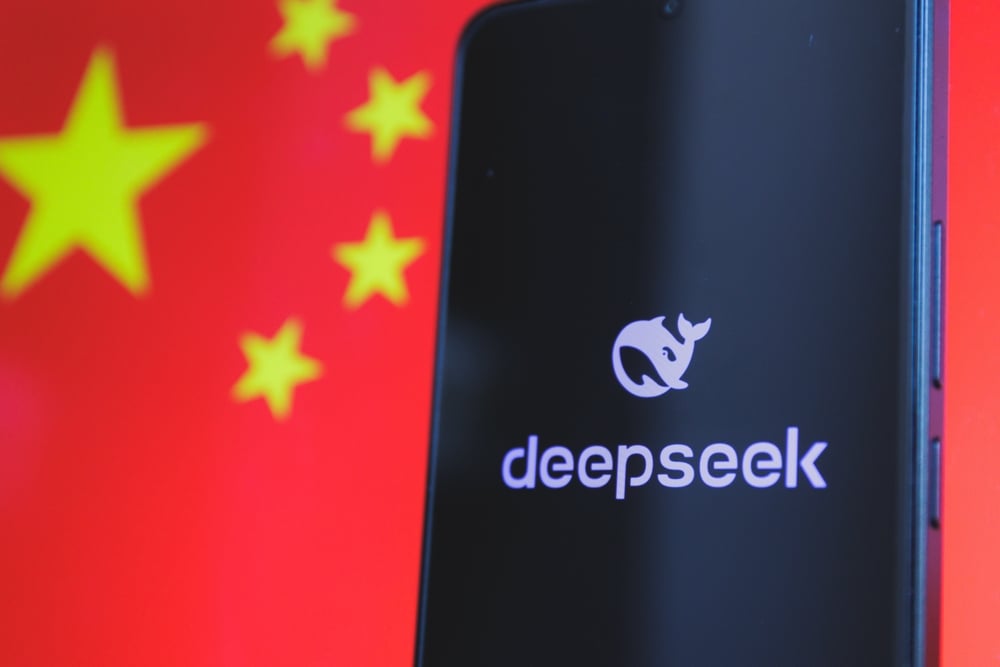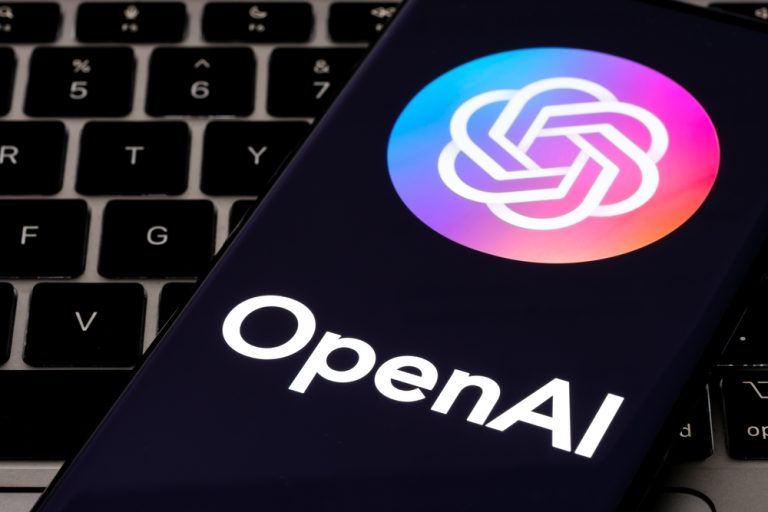China lauded DeepSeek’s revolutionary AI model on Monday, positioning the Hangzhou-based startup as a complement, rather than a competitor, to American tech giants like OpenAI, Anthropic, and Google DeepMind. The statement from Beijing’s embassy in Washington highlighted China’s collaborative stance in the AI landscape, emphasizing shared progress over rivalry.
DeepSeek’s Rise and Beijing’s Support
DeepSeek has rapidly gained prominence in China, particularly after its cost-effective AI model stunned the global tech community. The startup’s founder, Liang Wenfeng, recently attended a high-profile symposium hosted by Chinese President Xi Jinping, a sign of official endorsement and support.
The symposium, which also marked the reappearance of Alibaba founder Jack Ma, was seen as a positive signal for China’s tech industry after years of regulatory crackdowns. The Chinese embassy praised DeepSeek for “significantly lowering AI development costs,” highlighting the company’s role in driving innovation at a reduced price point.
DeepSeek claims to have spent less than $6 million on training its latest model. However, estimates from SemiAnalysis suggest the startup may possess $500 million worth of GPUs, underscoring its growing influence in the AI sector.
Not a Competitor, But a Complement
In its statement, Beijing emphasized that DeepSeek complements rather than competes with American AI leaders. “AI companies across different regions contribute unique strengths, leading to better, more inclusive solutions for users everywhere,” the Chinese embassy stated.
This conciliatory tone reflects China’s strategic approach to positioning its AI industry on the global stage. By framing DeepSeek as a collaborative force, Beijing aims to mitigate geopolitical tensions while showcasing its tech prowess.
Google DeepMind’s CEO acknowledged DeepSeek’s achievements but noted that the model presented “no real new scientific advance” toward the ultimate goal of artificial general intelligence (AGI). This sentiment was echoed by other American AI leaders who downplayed Western panic over DeepSeek’s rise.
DeepSeek’s Competitive Edge in Pricing
Despite Beijing’s diplomatic stance, DeepSeek’s competitive pricing is shaking up the AI market. Bernstein tech analysts estimate that DeepSeek’s AI services are 20 to 40 times cheaper than those offered by American rivals like OpenAI.
This cost advantage could enable DeepSeek to capture significant market share, particularly in emerging markets looking for affordable AI solutions. The startup’s pricing model challenges the profitability strategies of Western AI firms, sparking industry-wide conversations about cost efficiency and value.
US-China AI Race: Collaboration or Competition?
While China publicly advocates for collaboration, the US remains cautious about Beijing’s growing influence in AI. American policymakers view the AI race as a critical factor in the broader geopolitical rivalry between the two superpowers.
The Chinese embassy’s statement strategically avoided direct comparisons or competitive rhetoric, emphasizing mutual growth and innovation. However, the US continues to perceive China’s AI advancements as part of Beijing’s ambition for global technological supremacy.
Industry Reactions and Market Implications
DeepSeek’s rise is sparking varied reactions across the tech landscape. American AI leaders have acknowledged the startup’s technical capabilities but remain unconvinced of any groundbreaking scientific breakthroughs.
Meanwhile, DeepSeek’s rapid ascent and low-cost model have raised questions about its long-term business strategy and potential to disrupt the AI market. Investors and tech analysts are closely watching how American firms respond to the pricing pressure imposed by DeepSeek.
Despite skepticism from some Western leaders, DeepSeek continues to enjoy strong support at home, with Beijing framing the company’s success as part of China’s broader technological ambitions.
Navigating Collaboration and Competition
China’s diplomatic positioning of DeepSeek as a complementary player highlights its strategic approach to international tech relations. By emphasizing collaboration and downplaying competition, Beijing seeks to project a cooperative image while steadily advancing its AI capabilities.
As the global AI race intensifies, DeepSeek’s competitive pricing and rapid growth are poised to challenge established industry norms. How American AI leaders adapt to this new player will shape the future of artificial intelligence and its geopolitical implications.
With both the US and China navigating a complex landscape of collaboration and competition, the next phase of AI development will depend on strategic choices made by governments and tech companies alike.























